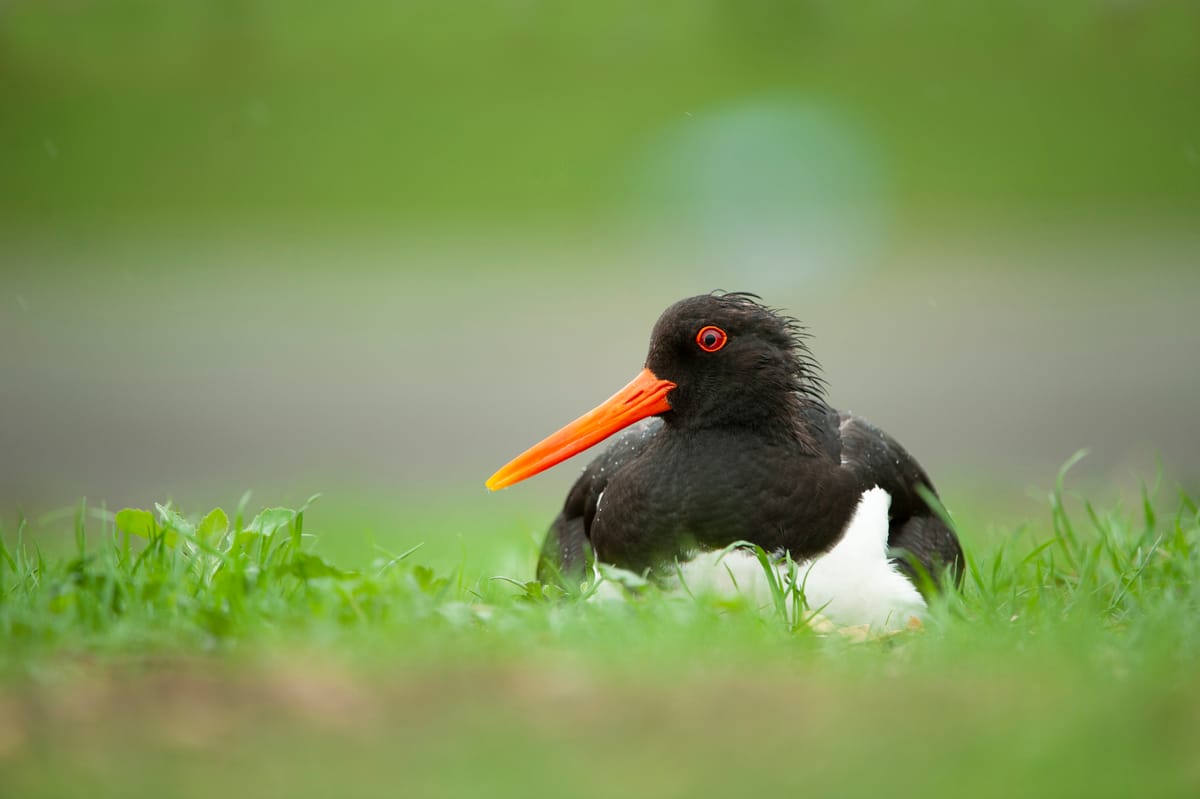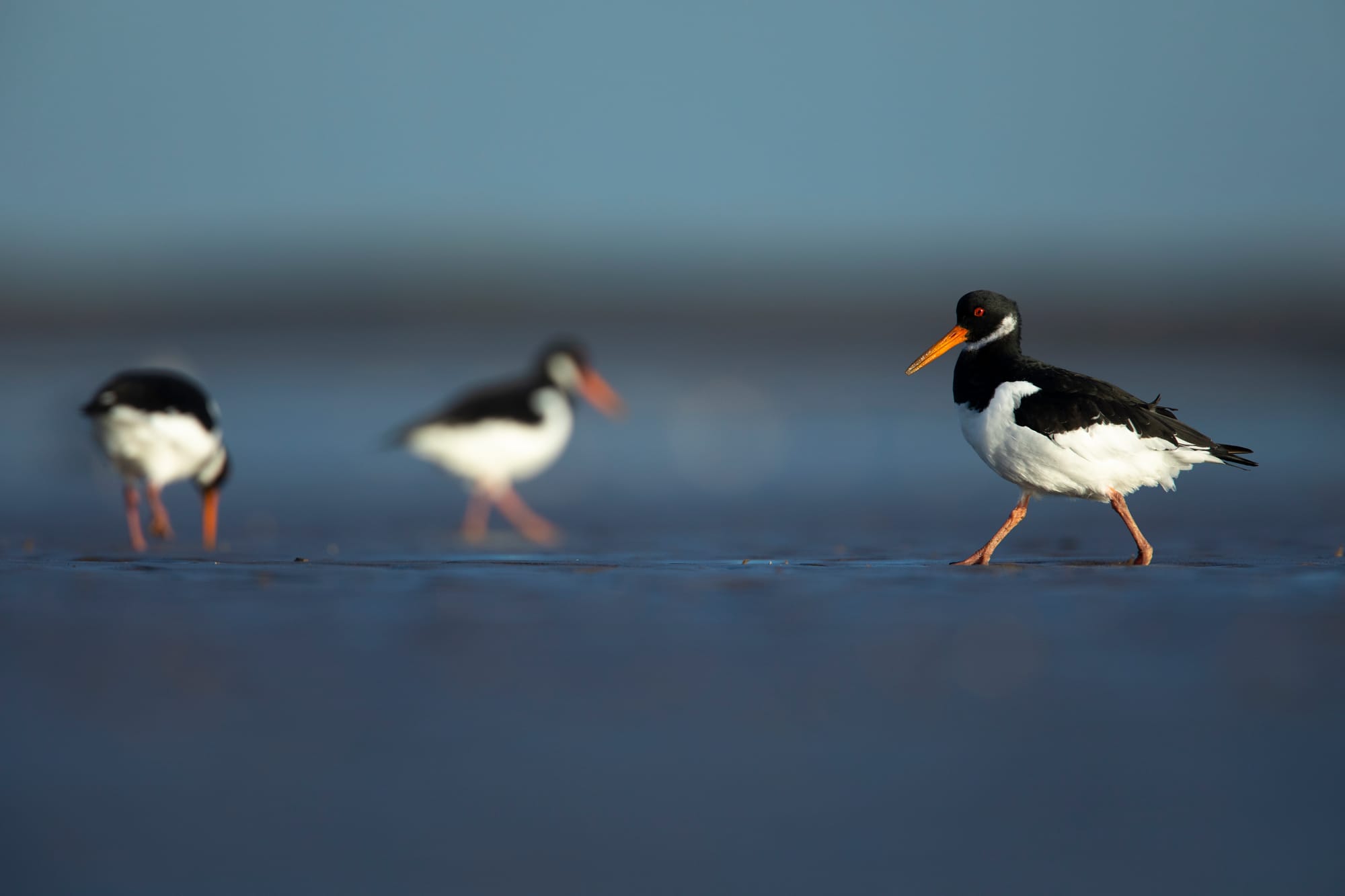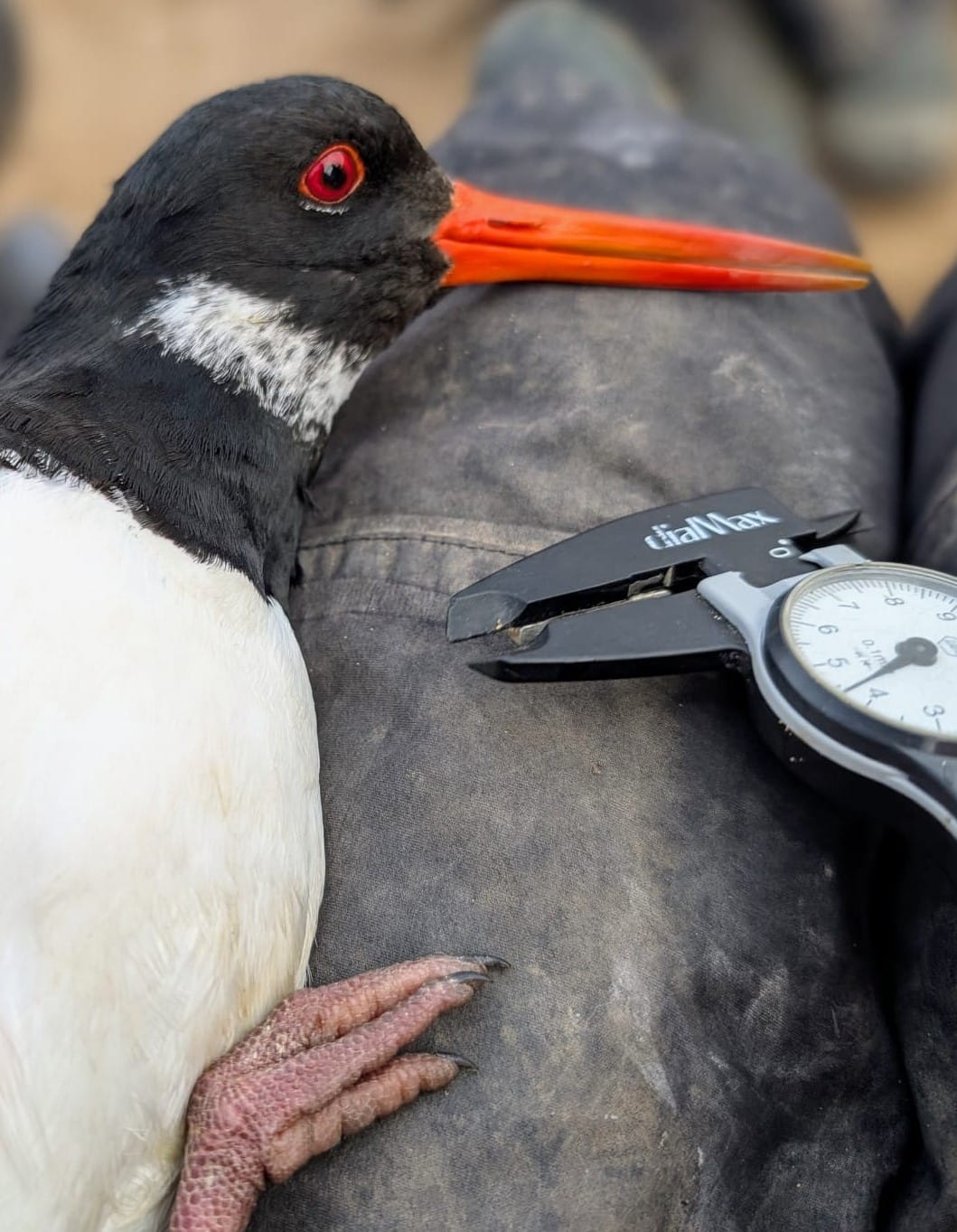Record-Breaking Oystercatchers Found on Norfolk Coast

By Jill Dando News
Conservationists are celebrating a rare double discovery on England’s East Coast Wetlands, where two record-breaking Oystercatchers were found within a month.
The birds, both well beyond the average lifespan for their species, underscore the critical importance of this coastal habitat for migratory and long-lived waterbirds.
The Wash Wader Research Group (WWRG) first spotted a 41-year and 8-month-old Oystercatcher at RSPB Snettisham in Norfolk—breaking the UK age record.

Just a week later, they recorded another even older bird nearby, estimated to be at least 43, possibly as old as 46.
For context, the average Oystercatcher lives around 12 years.
“These discoveries are astonishing,” said Jacquie Clark from WWRG. “To find two such old birds in quick succession shows just how vital The Wash is for these birds’ survival.”
A stocky black-and-white wader with bright legs and a vivid orange-red bill, the Oystercatcher is a familiar sight along the UK coastline, feeding on cockles, mussels, and other invertebrates in tidal mudflats.
WATCH VIDEO:
Oystercatchers displaying on Snettisham Beach by Jo Taylor - supplied RSPB
Both record-setting birds were identified by leg rings, part of a long-standing monitoring scheme run by the British Trust for Ornithology (BTO).
“Thanks to decades of ringing, we can track not just where birds go, but how long they live,” said Dr Ellie Leach of the BTO. “These two birds have outlived many of the ringers who first caught them!”
The Wash is one of the most important sites in the UK for migratory birds, supporting up to 400,000 waterbirds each winter, including 26,000 Oystercatchers.
Jim Scott from the RSPB called the area “internationally significant,” and stressed the need for continued protection.
In recognition of its global importance for birds along the East Atlantic Flyway, the East Coast Wetlands were added to UNESCO’s tentative list for World Heritage status in 2023. The RSPB has now launched an appeal to support conservation efforts in the region.

To learn more or donate, visit: rspb.org.uk/donate/east-coast-wetlands
If you have a positive story or uplifting news to share, we’d love to hear from you!
Just email us at news@goodnewspost.co.uk.
Whether it's a local hero, an act of kindness, or a personal win, your story could help spread joy and improve someone’s mental health. Let’s make the world a little brighter, one good news story at a time.
And don’t forget—you can sign up for free to get the latest feel-good stories straight to your inbox!





